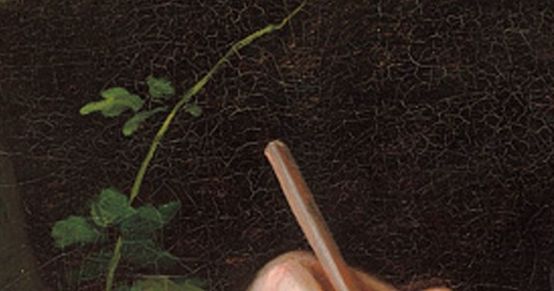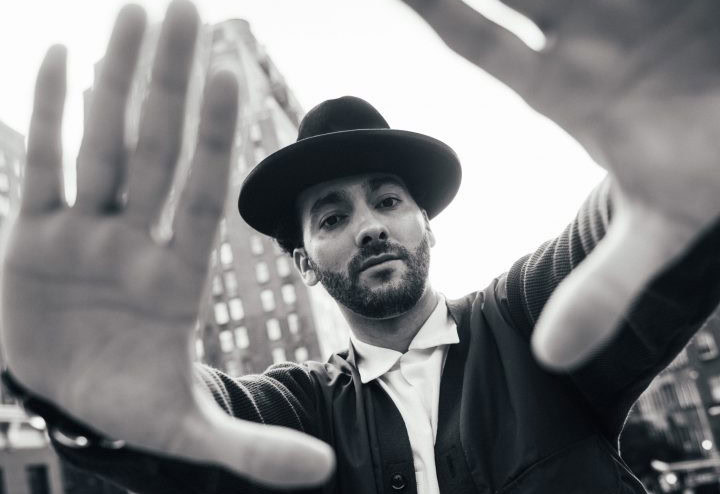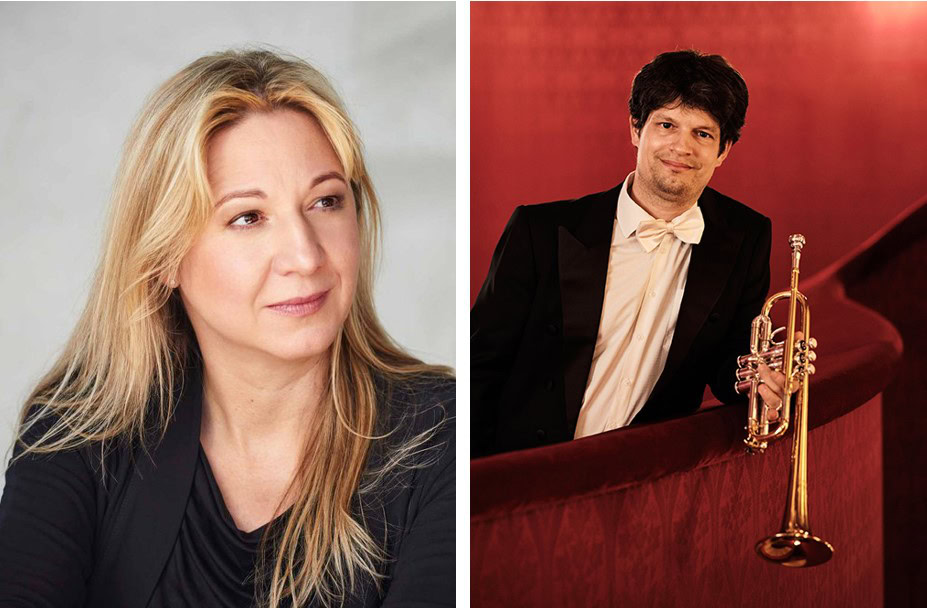Happy New Year!
Beethoven every Friday: to mark his 250th birthday, we take a look at one of his works every week. Today we look at two short canons, written on January 1, 1815 and 1820 respectively.

Do you know this too? From the beginning of December to around mid-January, almost every email is "garlanded" with best wishes for the upcoming holidays or the New Year. Or good old-fashioned greeting cards arrive in the post from companies and associations that you simply haven't heard from in the past eleven months. But we are not alone! Even people at the end of the 18th century regarded such congratulations as "a real burden and, in Germany in particular, highly pedantic. Printed New Year's wishes, which were very much in vogue thirty years ago, seem to be gradually declining again and have become an object of confidential custom or meaningful elegance" (at least according to Brockhaus' Conversations-Lexicon from 1817).
Two examples of such "sensuous elegance" can be found in the œuvre of Ludwig van Beethoven, written on the once common words "Happy New Year!". In the first case, it is an imitative four-part movement, a so-called free canon, which was written on January 1, 1815 for Baron Johann Baptist von Pasqualati (WoO 165), who was often his advisor and also supported him as a friend until the end. In the other case, it is a real three-part canon from December 31, 1819 for Anna Maria Countess Erdödy (WoO 176). Beethoven had already dedicated the Piano Trios op. 70 (1809) and the Sonatas for cello and piano op. 102 (1819) to her. Such canons, whether mysteriously notated "closed" as a riddle canon (i.e. in one part without the parts' cue markings to be guessed) or "open" (then with the cues, sometimes even written out as a score), were part of the "good tone" of a music-loving society during Beethoven's lifetime, as were other concise aphorisms. Whether they were also sung or rather served as music for the eyes remains to be seen. In any case, they combine a pleasing attitude and contrapuntal ability in an entertaining way.
Listen in!








